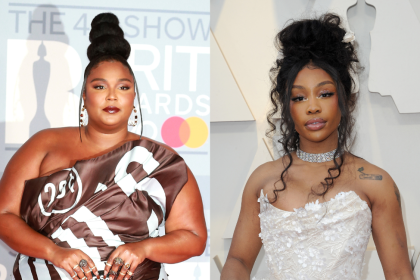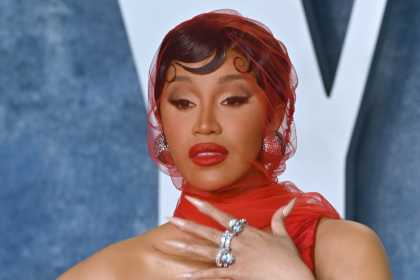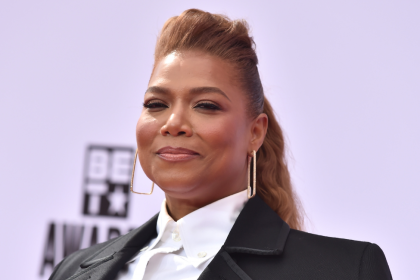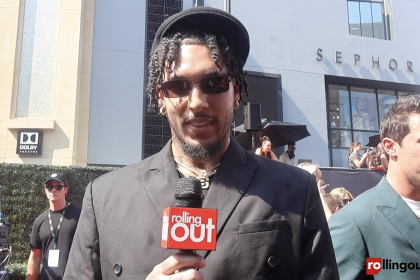The fall of Robin Thicke has been tragic theater.
Seven years ago, Thicke was a rising star in the world of urban contemporary music. After toiling behind-the-scenes and releasing unheralded music (under his original, questionable stage name “Thicke”), the son of actor Alan Thicke finally had achieved a breakthrough with his smooth hit “Lost Without U.” In the years after that hit single, those same years between Justin Timberlake’s critically-acclaimed second and third albums, Thicke carved out his niche as seductive R&B crooner. And he had a famous wife, actress Paula Patton, on his arm. What eluded him, however, was a major “crossover” smash. Thicke had won over critics and was a mainstay in R&B music — but he hadn’t garnered that kind of song that would give him mainstream visibility.
That all changed in 2013.
Last year, Thicke finally landed his smash. The Pharrell-produced single “Blurred Lines” became the biggest hit of Thicke’s career; an inescapable bit of funky pop that owed a lot to “Got To Give It Up” by Marvin Gaye. And Thicke and Pharrell seemed to recognize just how much it “owed.” They, along with featured rapper T.I., filed suit against the Gaye estate in an attempt to preempt any litigation filed against them for plagiarizing the tune. Just a few months later, Patton left Thicke — allegedly over photos that showed the singer in compromising positions with women in various nightclubs.
The backlash against Thicke that began with the typical “I’m so sick of that song” that follows a major summer hit that seems to be everywhere intensified after the Gaye situation. Thicke was popular with black audiences for years, but the cultural wounds that come with white appropriation of black music are ever-present; with his lawsuit against Gaye, Thicke essentially waved a middle finger in the face of, not only one of his obvious influences, but the audience that had largely been responsible for his pre-“Blurred Lines” success. It was telling that, in the wake of the controversy, Thicke took the brunt of the criticism, while Pharrell was largely left unscathed.
His relationship with Patton had also been more or less idyllic in the minds of the public before late last year. So his alleged indiscretions against his African American wife, no less, only galvanized the perception that Thicke was now a philandering jerk, riding high on his newfound mainstream visibility and chasing anything in a skirt.
And, of course, there has been the embarrassingly over-the-top attempts to win back Patton. Thicke performed “Get Her Back” at the Billboard Awards, repeatedly pleaded for his wife’s return at other live shows, and then announced the release of his follow-up to his Blurred Lines album, a new project titled simply, Paula. The gesture was called “romantic” by some fans, but there was a much louder contingent of the general public who felt that Thicke was being too heavy-handed and exploitative in his approach. Was he trying to win back his wife or sell some units? The album dropped in June with a deafening thud; raising questions about Thicke’s career going forward.
His crash and burn has happened in a little over a year. He’s become a joke in some circles and vilified in others. And it’s still uncertain if his wife has had a change of heart. For a white artist who had love in the black community, Thicke’s image shift has been fascinating to watch. More than that, he’s basically given everyone else a blueprint for what not to do.
Sometimes, mainstream stardom is the worst thing that can happen to you.












